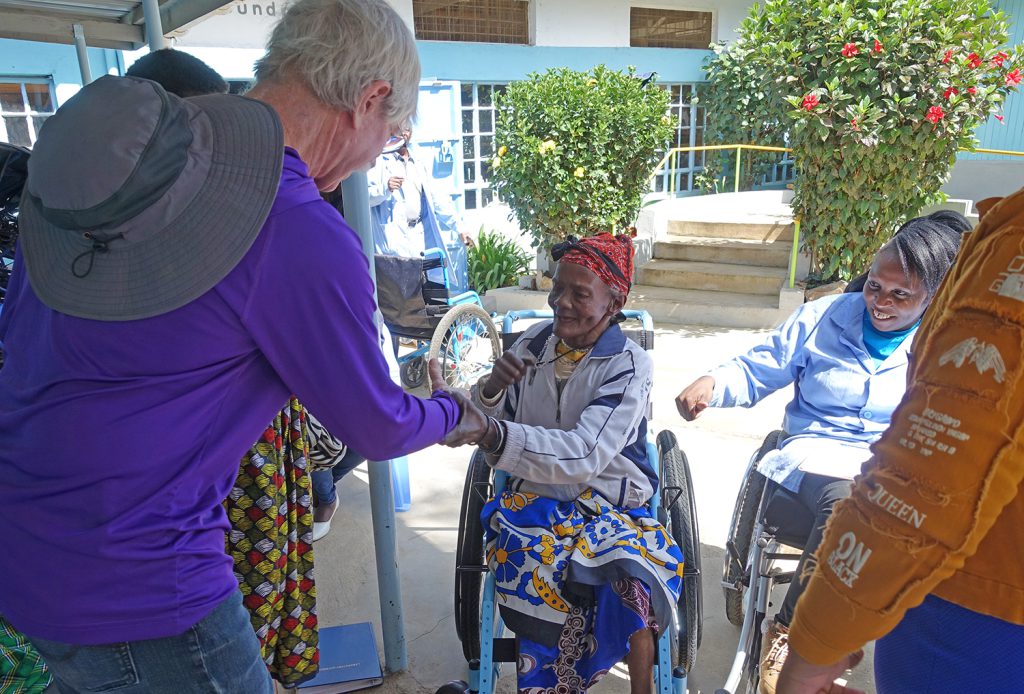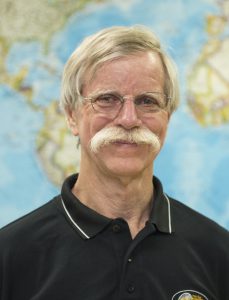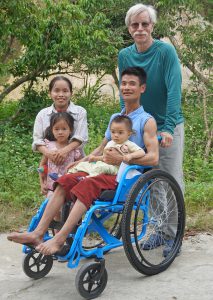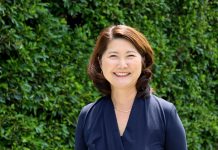
Other than earplugs for when your mother-in-law invites herself to spend the summer at your house, the wheel with axle arguably is the greatest singular invention in the history of humankind.
The earliest wheel, it is surmised by archeologists, revolved first as a pottery wheel in Mesopotamia about 5,500 years ago. It would be 2,000 years later that Greek farmers realized that a disk with axle could reduce the labor necessary to move heavy loads across their fields. Doubtlessly, even their beasts of burden breathed easier.
Once thinkers, both ancient and modern, released the brakes on creativity, the wheel with ever-evolved materials was applied to everything from chariots to monorails, wristwatch mechanisms to generators.
And wheelchairs.

When MIT-trained mechanical Engineer Don Schoendorfer, PhD, read a World Health Organization report that more than 80 million handicapped people worldwide desperately needed but could ill-afford a wheelchair, his mission in life shone clearly: he would design a wheelchair that cost only $40 to build, and he’d create a charitable organization to distribute them globally. That same year, Schoendorfer founded the nonprofit Free Wheelchair Mission (FWM).
Initially using a plastic resin lawn chair reinforced by a metal frame to which he added four wheels, Schoendorfer discovered that it worked well, and that it changed lives.
“God wanted me to do this,” he enthused.
Over the past 20 years, the chair’s frame and materials have seen three evolved and robust iterations, the latest adjustable in comfort for many-sized users.
No longer a garage project, Free Wheelchair Mission today has produced (and given away via charity partners) nearly 1.4 million wheelchairs in 94 countries throughout Africa, Asia, and South America. Factories in China, and India, manufacture as many wheelchairs as FWM’s charity drives can pay for, which amounts to approximately $10 million annually in donations—most of which come from Orange County donors. Schoendorfer is committed to and spends most of his time promoting FWM.
Unfortunately, Schoendorfer revealed, “there’s a third-world feeling that people with disabilities are cursed by God, so many are hidden in their homes by ashamed families, often for decades. However, once they’re fortunate enough to receive a wheelchair, they experience air they never could have expected to breathe outside the cultural imprisonments of their darkened rooms.

Though now “freed,” most emerge with little benefit of education and are generally ill- prepared for a life of mobility and self-sustainment. But that human spark for independence and growth glows brightly in many, as well. Realizing this, Schoendorfer, and his good friends, Barry and Meryl Resnick of Newport Beach, created a follow-up charity dedicated to providing both intellectual and vocational training for FWM recipients, ranging from four-week trade programs to four-year-degrees and beyond.
Thus, Newport Beach-based Laurie’s Scholars was born in 2017, named in memory of Schoendorfer’s wife, Laurie, herself a recipient of higher education via scholarship whose last wishes were to help FWM recipients acquire training.
A global staff of 38 operate Free Wheelchair Mission, but the Laurie’s Scholars Board has been building the organization part time; their efforts to date have garnered more than $300,000 for scholarships in Peru, Argentina and Viet Nam.
However, his ultimate goal is $1 million in the bank, from which annual interest would prove sufficient to fund a broad variety of scholarships in those three countries. To date, 50 scholarships have been granted, some as modest as $60 for virtual training classes for Adobe products. Peruvian and Vietnamese governments will pay for half of one’s education if an individual or family can come up with the other half. In Argentina, education is free, so Laurie’s Scholars’ grants help to pay for living expenses, Schoendorfer shared.
One success story: At five years of age, Vietnamese recipient Nhung suffered a spinal cord injury, leaving her paralyzed. She has needed a wheelchair ever since. Her mother would drive her to and from school on the back of a motorbike.
In ninth grade, she dropped out of school to relieve the burden on her parents, then got a menial cleaning job in a beauty salon with the dream of becoming a beautician. She absorbed what she could, but it was insufficient to achieve her goal. A referral in Vietnam introduced Nhung to Laurie’s Scholars, which upon review granted her a $600 scholarship to take the required courses. Realizing her longtime dream, Nhung has now opened her own salon, and earns $1,000 a month.
Another success story: Wheelchair bound countryman Tiep received a $591 scholarship to study graphic arts in an intensive three-month course at a local university in Hue. With this LS scholarship, he became the university’s very first wheelchair student. Upon completion, Tiep started a creative agency at home, and now earns enough to pay for water and electricity at his parents’ home, where he still lives—and where he directs six employees, some of whom he has trained himself.
For Schoendorfer’s two decades of worldwide “chair”ity work, which has received more than $140 million in donations, he recently received the top “Purpose Driven Award,” from the American Association of Retired Persons (AARP) in Washington, DC. His cash award went to fund even more wheelchairs.
For more information on Laurie’s Scholars, visit https://www.lsendowment.org.




